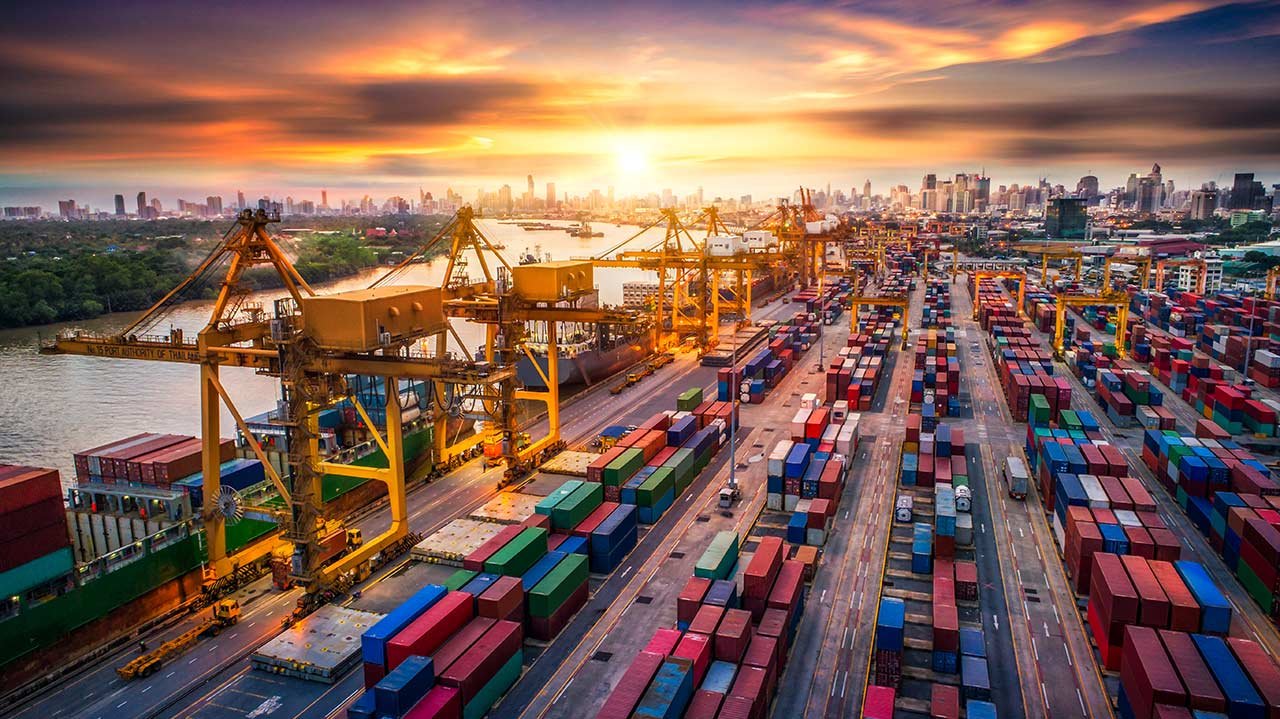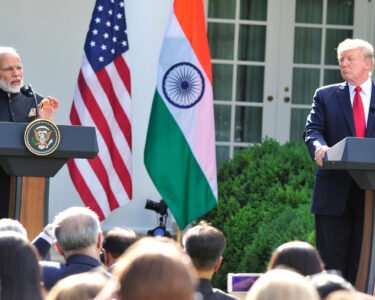In a move that further tightens restrictions on imports from Bangladesh, India has announced an expanded ban on several jute products entering the country through all land routes. The decision, which comes amid deteriorating bilateral relations, permits the import of these goods only via the Nhava Sheva port in Maharashtra.
The Directorate General of Foreign Trade (DGFT) issued a notification on Monday specifying the newly banned items. The list now includes bleached and unbleached woven fabrics of jute or other textile bast fibre, twine, cordage, and rope of jute, and sacks and bags made of jute.
The DGFT order stated:
“Imports from Bangladesh shall not be allowed from any land port on the India-Bangladesh border. Import of certain goods from Bangladesh to India is regulated with immediate effect.”
A Pattern of Gradual Trade Restrictions
This is not the first time New Delhi has imposed such measures in 2024.
- On June 27, India had already restricted imports of several jute and woven fabric products from Bangladesh via land routes, allowing them only through the Nhava Sheva seaport.
- Earlier in April and May, India had taken similar steps.
- On May 17, restrictions were applied to certain ready-made garments and processed food products from Bangladesh.
- On April 9, India withdrew the transshipment facility that allowed Bangladesh to export various goods to the Middle East, Europe, and other markets via Indian ports — with Nepal and Bhutan being the only exceptions.
These actions point to a clear trend of tightening India’s import policy on Bangladeshi goods, especially in the textile sector, where the two nations are direct competitors.
Backdrop of Political Strain
The current trade restrictions are widely seen as being influenced by political tensions between the two countries. Relations took a sharp downturn after controversial remarks made by Muhammad Yunus, head of Bangladesh’s interim government, during a visit to China. The statements reportedly displeased New Delhi and provoked criticism from Indian political leaders across party lines.
Additionally, the Indian government has expressed concern over the failure of Dhaka to address attacks on minorities, particularly Hindus. Reports of targeted violence have fueled discontent in India, with observers noting that these human rights concerns have contributed to the hardening of India’s stance.
Economic Competition in the Textile Sector
The textile industry is a key area of economic rivalry between India and Bangladesh.
- Bangladesh is a major global exporter of jute and jute-based products, often offering lower prices due to cheaper labor and production costs.
- India’s domestic jute sector, concentrated in states like West Bengal, has long faced competition from Bangladeshi imports.
By channeling imports only through the Nhava Sheva port, India is effectively limiting the flow of these goods into the country, giving domestic producers a competitive advantage. The restrictions also increase logistical costs for Bangladeshi exporters, who now have to bypass shorter and more economical land routes.
Trade Numbers Highlight the Gap
The bilateral trade between India and Bangladesh stood at USD 12.9 billion in 2023–24.
- India’s exports to Bangladesh totaled USD 11.46 billion in 2024–25.
- Imports from Bangladesh were USD 2 billion during the same period.
This trade imbalance reflects Bangladesh’s heavy reliance on the Indian market for its exports — particularly in textiles, processed food, and select industrial goods. The new restrictions could therefore have a significant economic impact on Bangladeshi manufacturers.
Nhava Sheva Port: The Sole Gateway
By designating the Nhava Sheva port as the only entry point for the affected goods, India ensures stricter customs checks and centralization of imports.
- This measure is expected to make monitoring easier for Indian authorities.
- It also prevents large-scale imports from flowing unchecked through border states like West Bengal, Assam, and Tripura, which have traditionally handled the bulk of jute trade via land.
Reactions and Possible Outcomes
While there has been no official public response from Dhaka to Monday’s announcement, trade experts warn that the move could escalate into a broader trade dispute if the restrictions persist.
- Indian industry bodies have largely welcomed the decision, citing the need to protect local manufacturers from cheap imports.
- Bangladeshi exporters, however, are likely to face revenue losses, as the cost of rerouting shipments to Nhava Sheva is significantly higher.
There is also speculation that these trade measures are not solely economic in nature but are tied to India’s broader diplomatic strategy, especially in light of the strained political climate.
Conclusion
India’s latest expansion of its ban on jute imports from Bangladesh marks another chapter in a growing list of trade curbs targeting its eastern neighbor. While officially framed as a regulatory measure, the decision comes against the backdrop of political friction, minority rights concerns, and intense competition in the textile market.
As imports through land routes remain blocked and Nhava Sheva becomes the sole channel, the coming months will reveal whether these restrictions are a temporary measure linked to current tensions — or the start of a long-term restructuring of India-Bangladesh trade relations.







